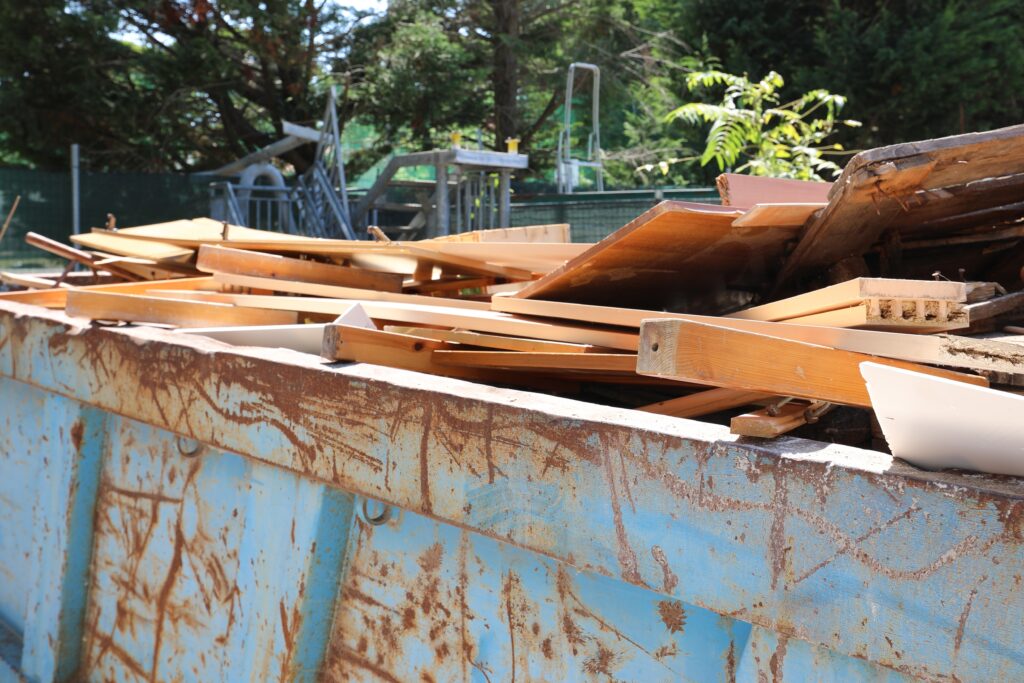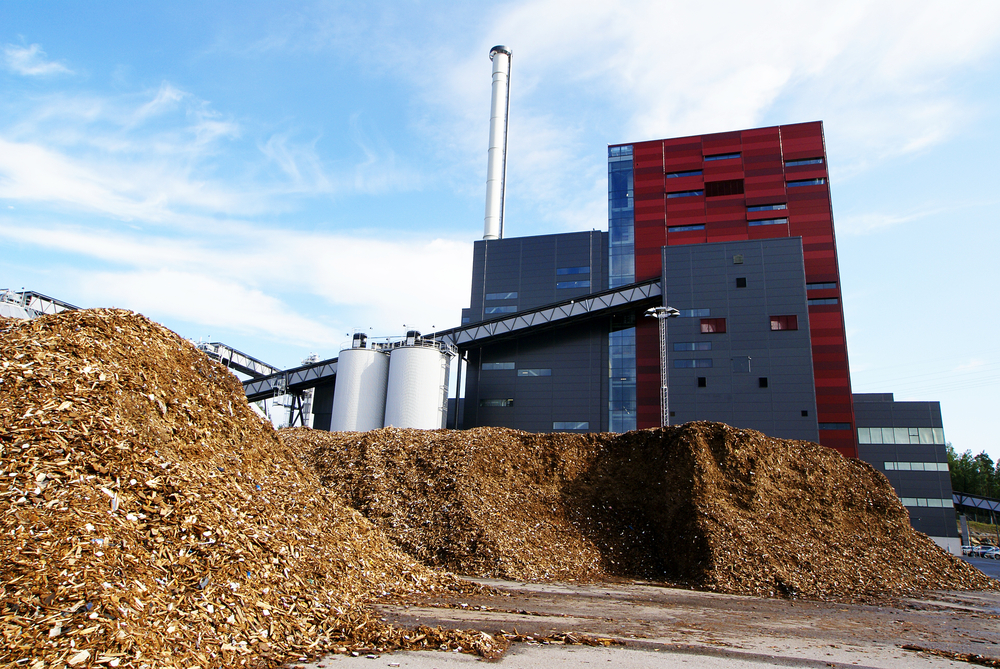Malcolm Wicks was answering a written question from MP Dai Davies last week, insisting that the government's Renewables Obligation incentive scheme “had not had a major impact on the commercial competitiveness” of the wood panel industry.
– Malcolm Wicks
Mr Davies, the MP for Blaenau Gwent, had asked the government whether it had assessed the impact of its support for the burning of woodchip as a fuel on chipboard manufacturers.
In his reply, Mr Wicks referred to a report published by the Department of Trade and Industry in 2005.
The minister explained: “The DTI commissioned an independent report to aid understanding of the current and likely future impact of the Renewables Obligation (RO) on the wood-based panel industry relative to other factors affecting the commercial position of that industry; and to help the DTI develop a deeper understanding of the wood fuels/products supply chains as it applies to the wood-based panel industry and power generators.
“This report concluded in September 2005 that the RO has not had a major impact on the commercial competitiveness of the wood panel industry,” Mr Wicks added.
Threat
However, commenting on the minister's comments, the chipboard industry organisation the Wood Panels Industry Federation said the report cited by the minister anticipated a higher availability of wood than is actually being seen.
He highlighted co-fired power stations, which can use waste wood alongside existing fossil fuels, as a new threat to chipboard firms' supplies of wood.
Alistair Kerr, the Federation's director general, told letsrecycle.com: “At the time the report was done it was true that there was no significant impact on the wood panel industry. But now there is a potential risk to existing users of woodchip, particularly from co-firing, where the potential use of material is so much greater. If they chose, these plants could afford to outbid the wood panel industry for woodchips.”
Mr Kerr's concerns came as the government's chief economist released the findings of his major review on the economics of climate change, which gave strong backing to the burning of wastes in power stations (see letsrecycle.com story).
“We don't see why generators should receive a subsidy for burning something that has existing markets already. The money should be used to subsidise underdeveloped biomass crops,” Mr Kerr said.
Impact
In the report cited by Mr Wicks, researchers at IPA Energy Consulting said there was “sufficient” domestic biomass tonnage to meet co-firing requirements, but that other markets such as the board mills hold up to an 85% share of the market.
| Related links: |
A major new waste wood biomass plant is being developed on Teesside at the moment (see letsrecycle.com story), while last week saw plans revealed for a new 45 million biomass plant in South Wales (see letsrecycle.com story).
Mr Wicks said the Wood Panel Industries Federation had met with officials to discuss the impact of the Renewables Obligation on member companies.










Subscribe for free